

As the Government moves towards reducing the country’s carbon footprint to create a more sustainable transport sector, Prime Minister Andrew Holness, has stated that his administration is moving quickly to incorporate new, cleaner technologies into the Jamaica Urban Transit Company (JUTC) fleet, eventually replacing the existing combustion engine units.
He said that the objective is to reduce the company’s carbon footprint as well as improve its bottom line.
“The Government is very serious about its environmental commitments, its climate change commitment, but even more so… the fiscal commitments, to ensure that an entity like the JUTC does not become a fiscal risk or threat to the Government,” Holness said.
He was speaking at the unveiling of the JUTC’s first electric-powered unit at the Office of the Prime Minister in St Andrew on Monday (January 30).
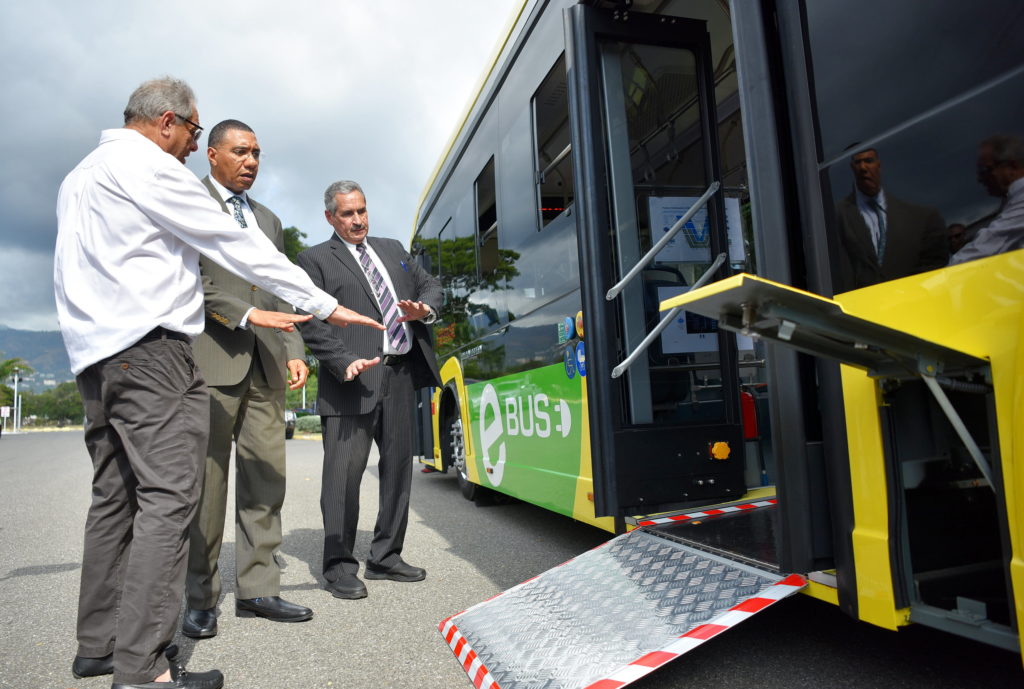
The bus, which will be tested under a six-month pilot programme, can accommodate members of the disabled community as well as parents travelling with a stroller.
Prime Minister Holness said the six-month testing period will allow the JUTC to gather empirical data, which will determine the way forward, as it relates to introducing other vehicles.
“We will get a better understanding of the changes that will have to be made to the design and specifications. So, all in all, I am very happy we have reached this point. The Government has made allocation, we have five more buses coming in and those, of course, will go through the rigorous testing process,” he said.
The Prime Minister noted that the JUTC’s fleet of vehicles is already being diversified with the introduction of buses that use liquefied natural gas (LNG).
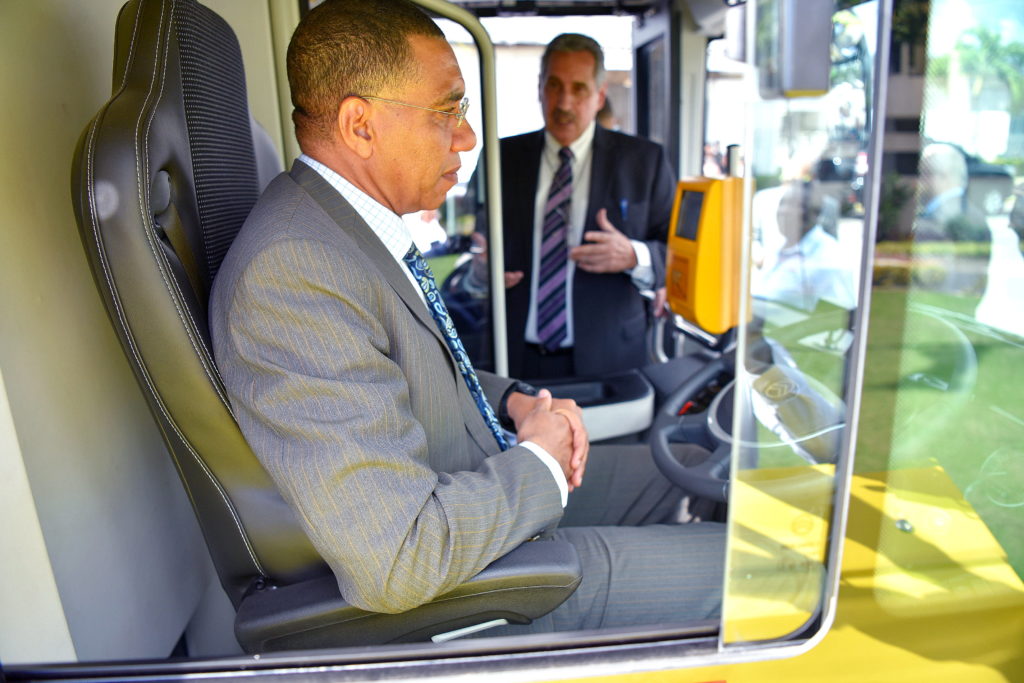
“We started that a few years ago… and that testing is ongoing and I believe we are acquiring some more of those buses,” he noted.
“Now we are moving to electric buses, which offer a great deal in terms of advantages, clearly the environmental advantage; no emissions whatsoever,” he added.
Holness said the electric buses also provide greater fuel management. “So, issues to do with the theft of fuel and non-productive use of engine time, meaning engines are on idling in traffic, burning fuel, which are not moving passengers… adds to the cost. The maintenance on these would be much lower,” he pointed out.
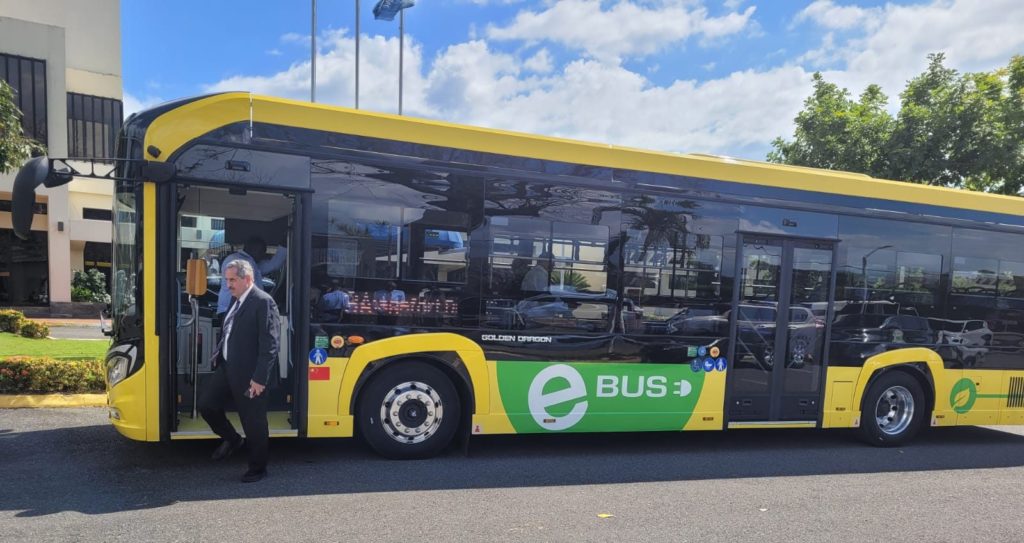
Minister of Transport and Mining, Audley Shaw, in his remarks, said in addition to the five electric buses, 45 diesel units will be arriving next month to boost the diversification programme.
Managing Director, JUTC, Paul Abrahams, indicated that the electric bus being piloted by the JUTC is equipped with tracking features such as real time data collection.
“We have dash cams on board that look on the drivers to see what they are doing. The bus can tilt,” he said, adding that it is fully computerised and has 10 batteries.
An electric bus is one where the internal combustion engine and fuel tank have been replaced with an electric motor and battery that are powered by electricity, thereby reducing noise and pollution.

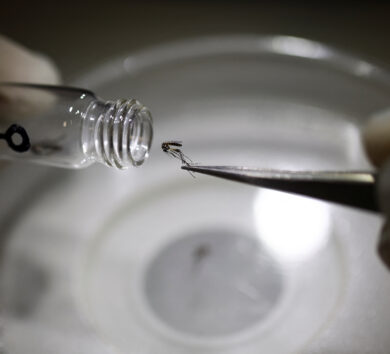
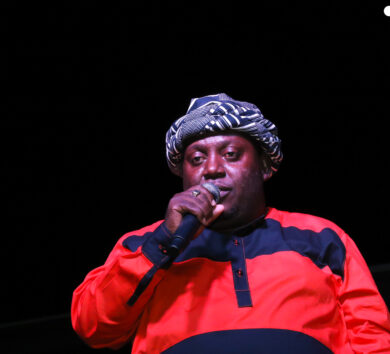
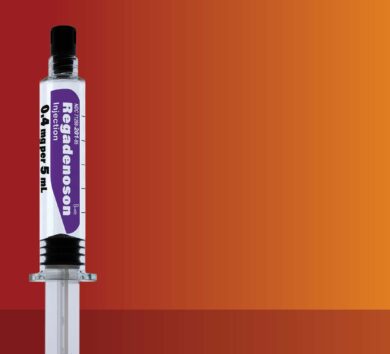
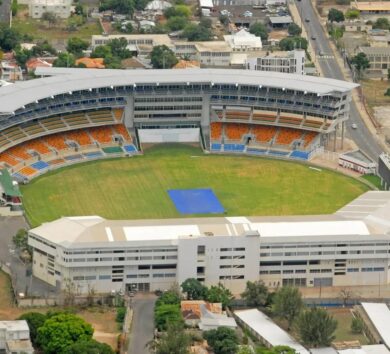


Comments